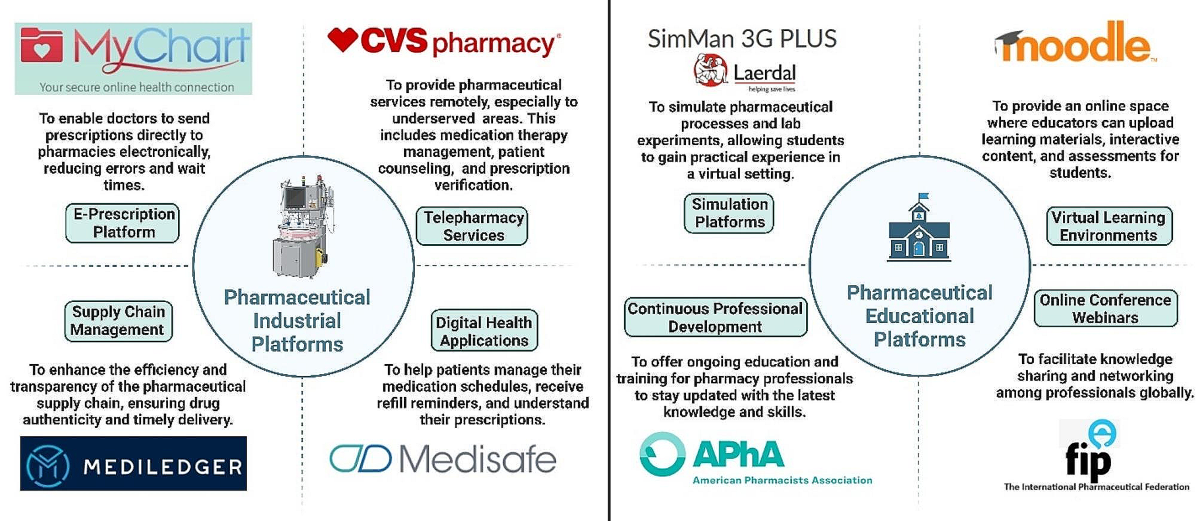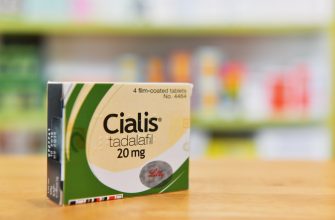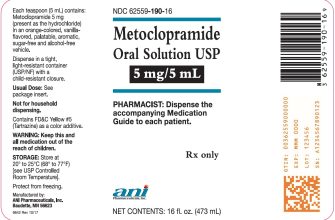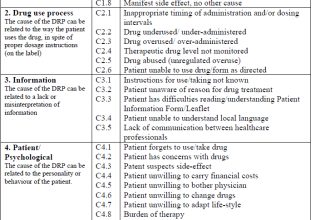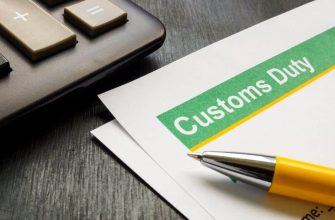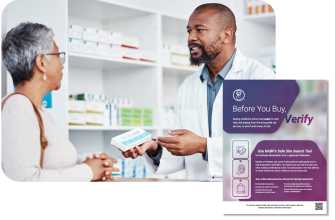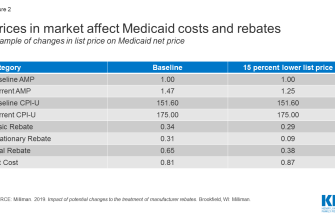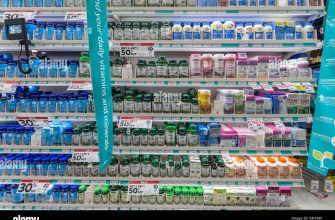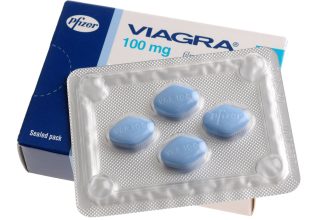Check the pharmacy’s license and accreditation. Verify their registration with relevant regulatory bodies like the NABP (National Association of Boards of Pharmacy) in the US or equivalent agencies in other countries. This confirms they operate legally and meet minimum standards.
Read independent reviews and testimonials. Look beyond the pharmacy’s own website. Explore third-party review platforms like Trustpilot to gain unbiased perspectives from other customers. Pay attention to both positive and negative feedback; patterns can reveal issues.
Security Measures
Prioritize pharmacies with robust security measures. Look for websites using HTTPS (the padlock icon in your browser’s address bar) and those that clearly outline their data encryption and privacy policies. Your personal and payment information should be protected.
Contact Information and Customer Service
A legitimate online pharmacy will provide multiple contact options: phone number, email address, and physical address. Test their responsiveness. A prompt and helpful response to an inquiry suggests better customer support.
Compare prices cautiously. While lower prices can be tempting, extreme discounts should raise suspicion. Unreasonably low pricing might indicate counterfeit medications or other problems.
Always consult your doctor. Discuss your medication needs and any online pharmacy options you’re considering with your physician before ordering. They can offer valuable guidance and help ensure safe medication practices.

